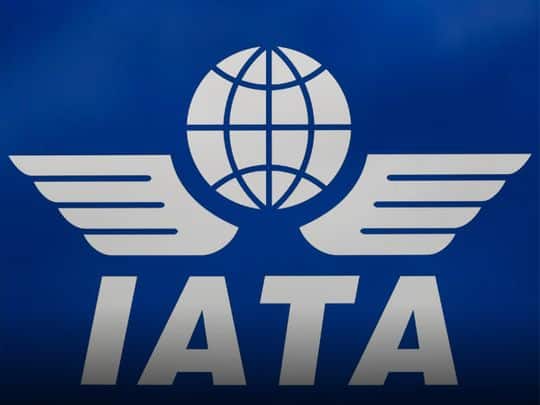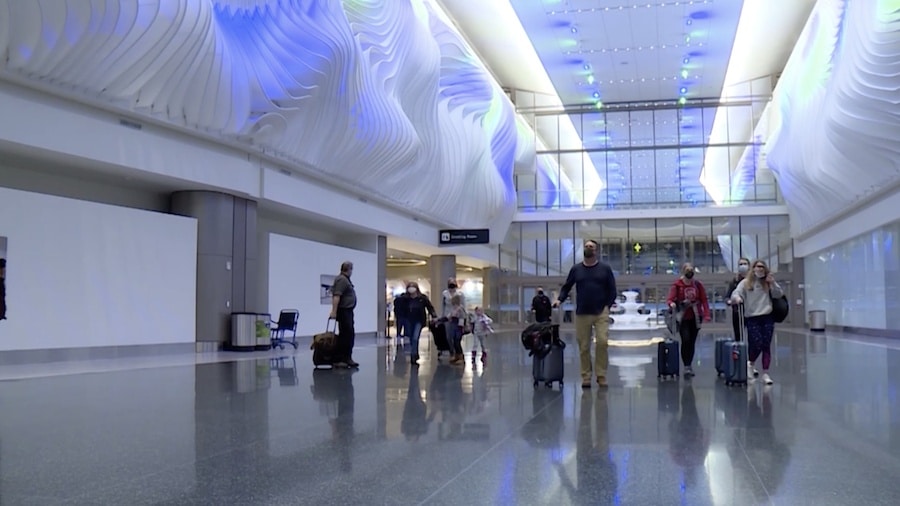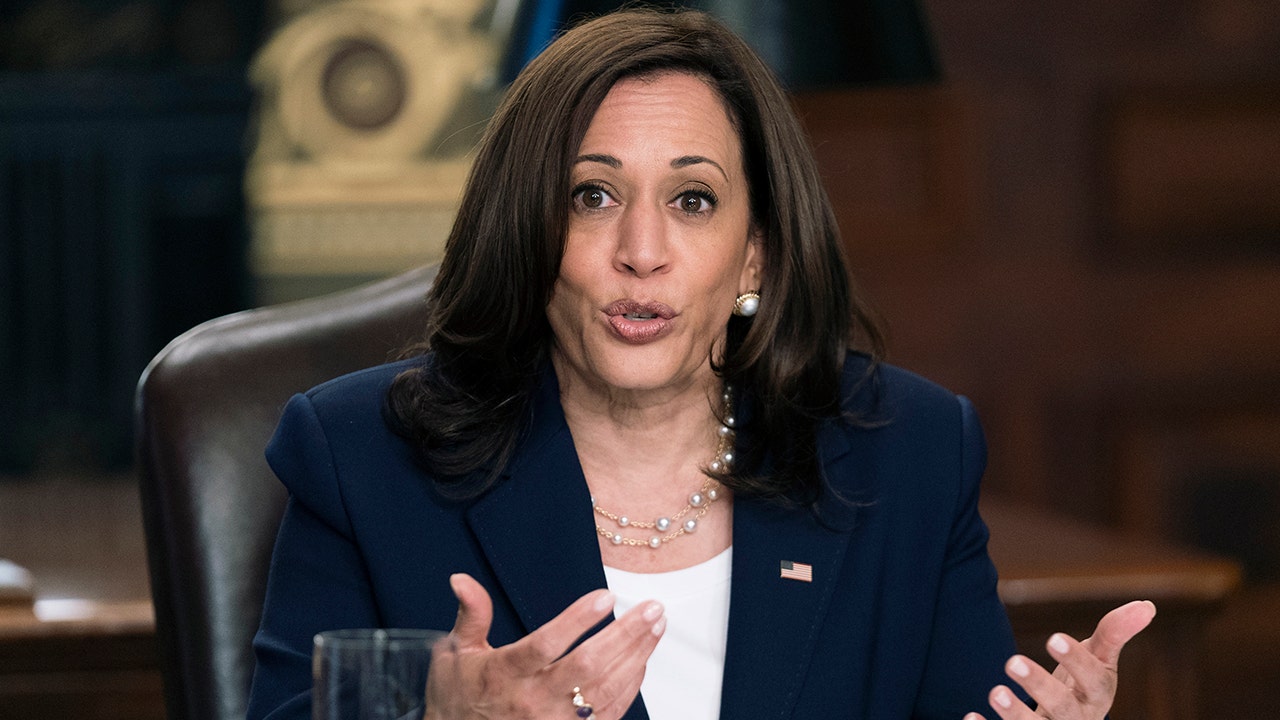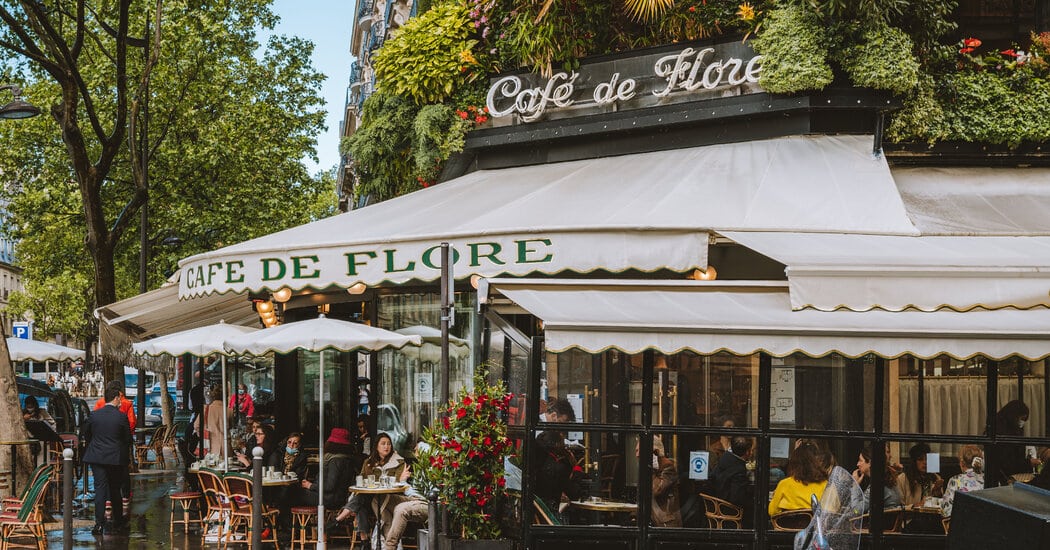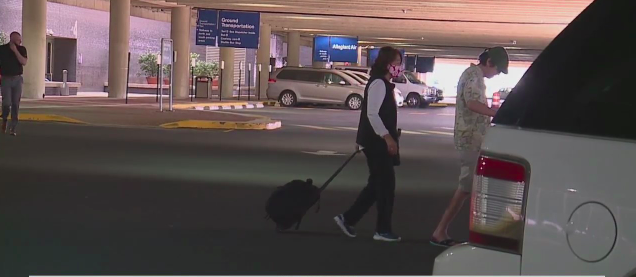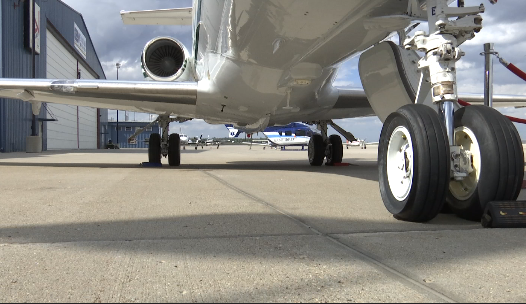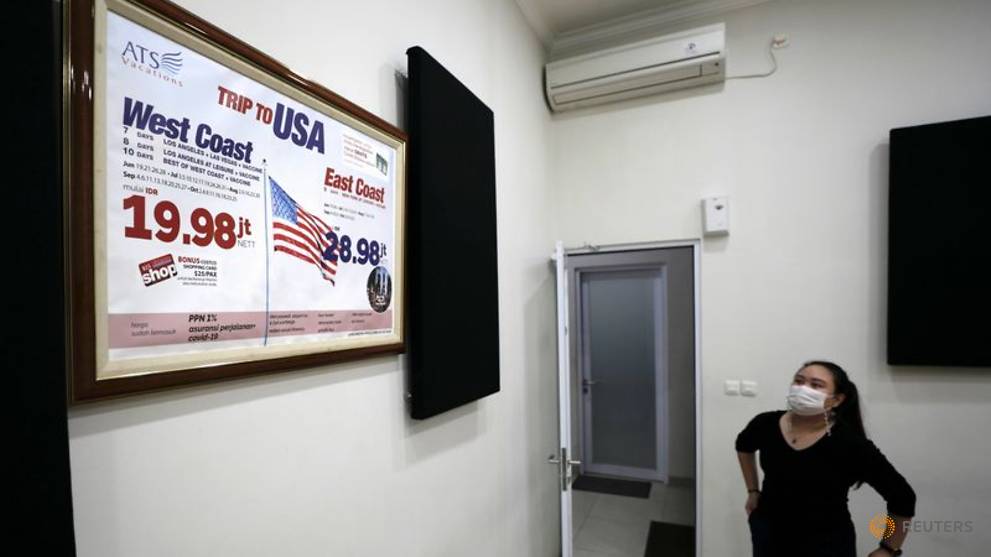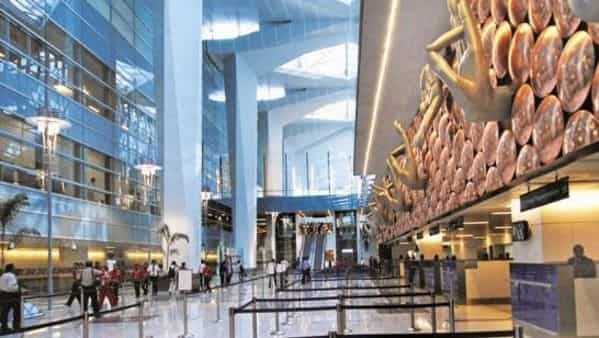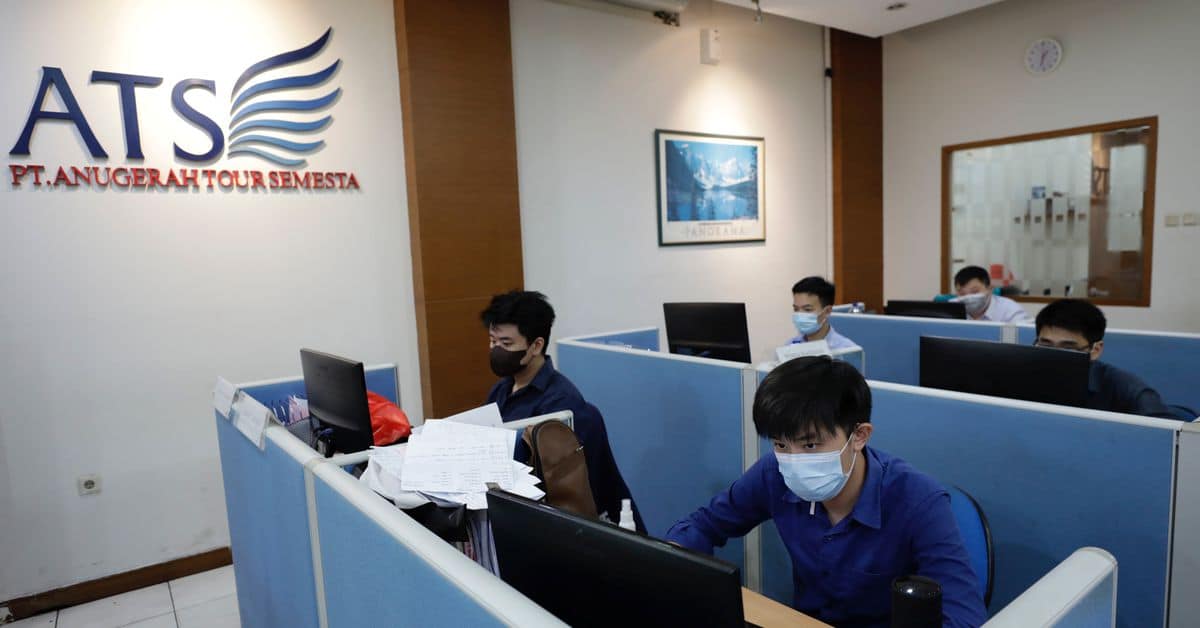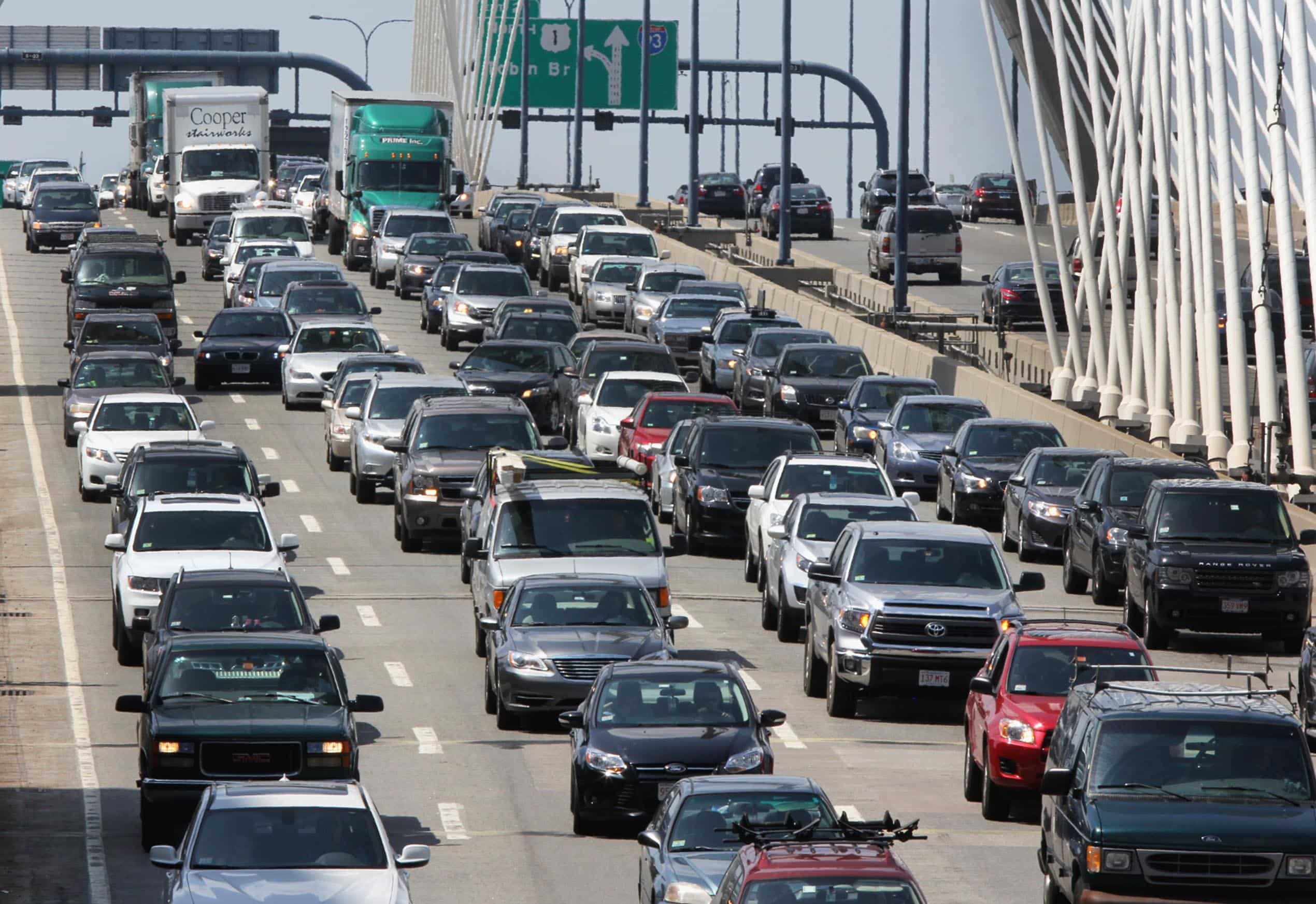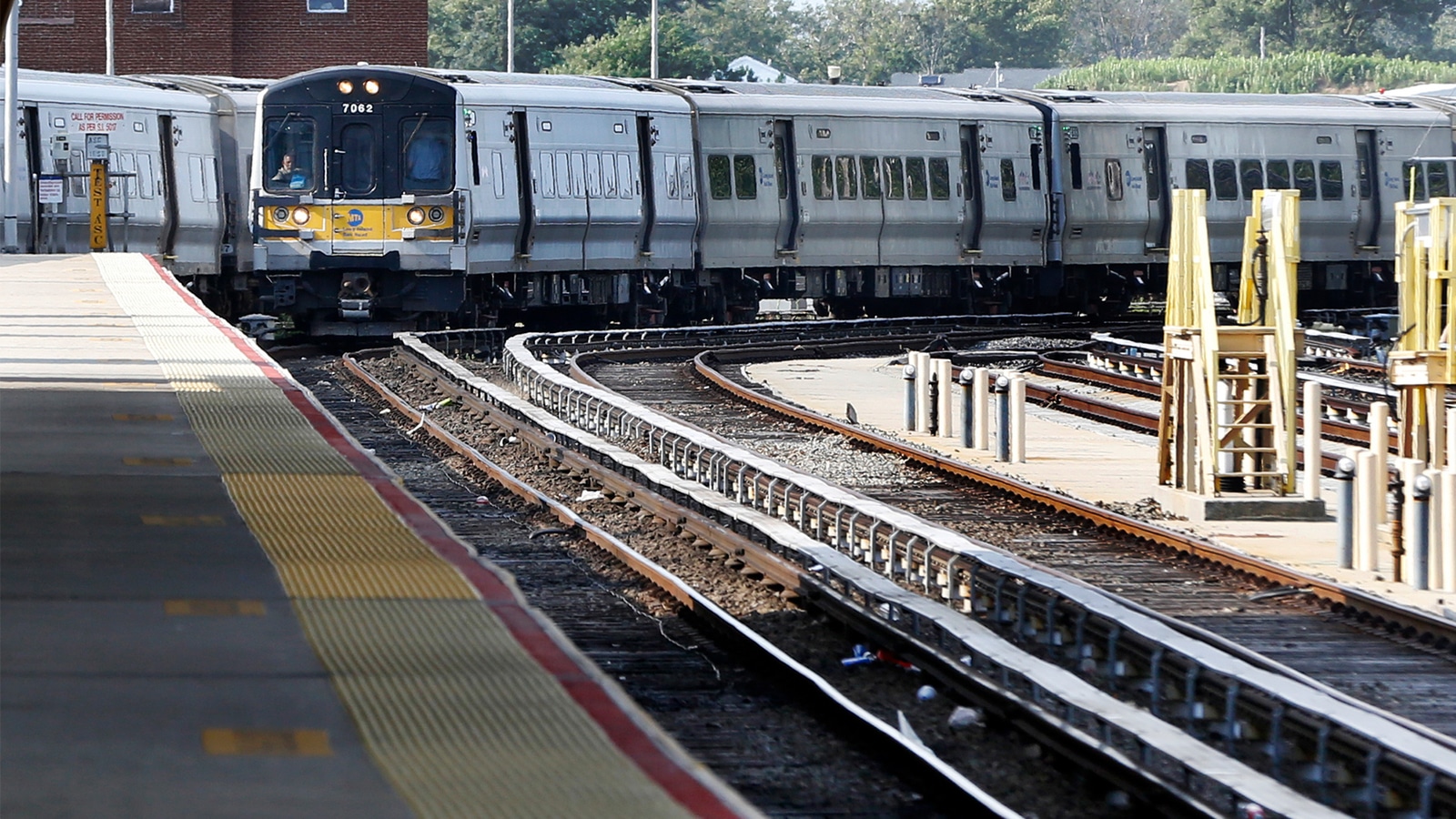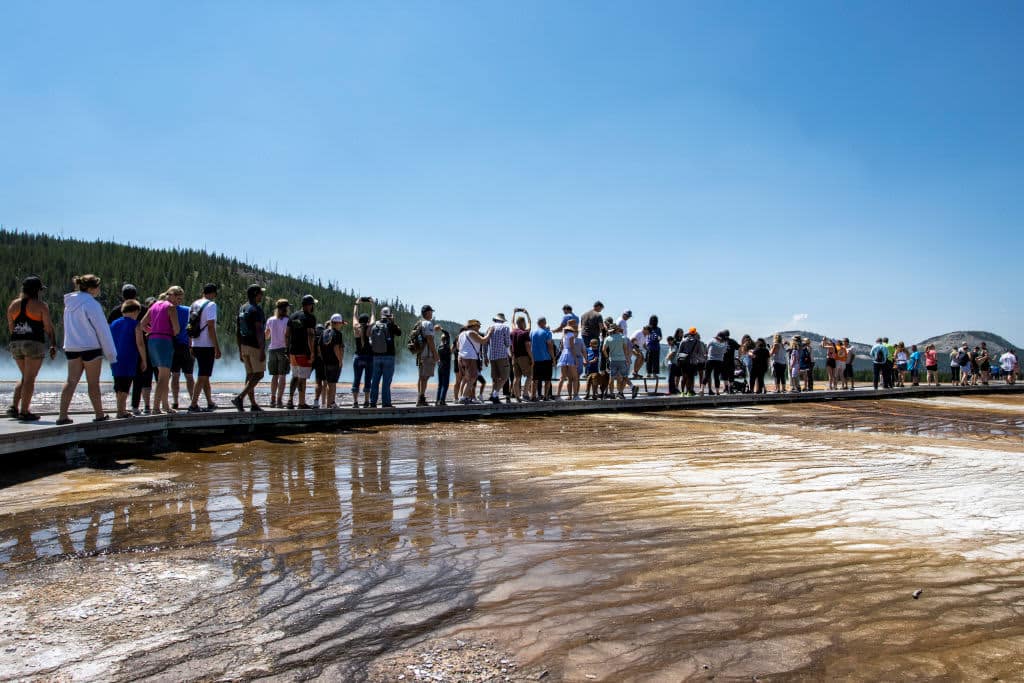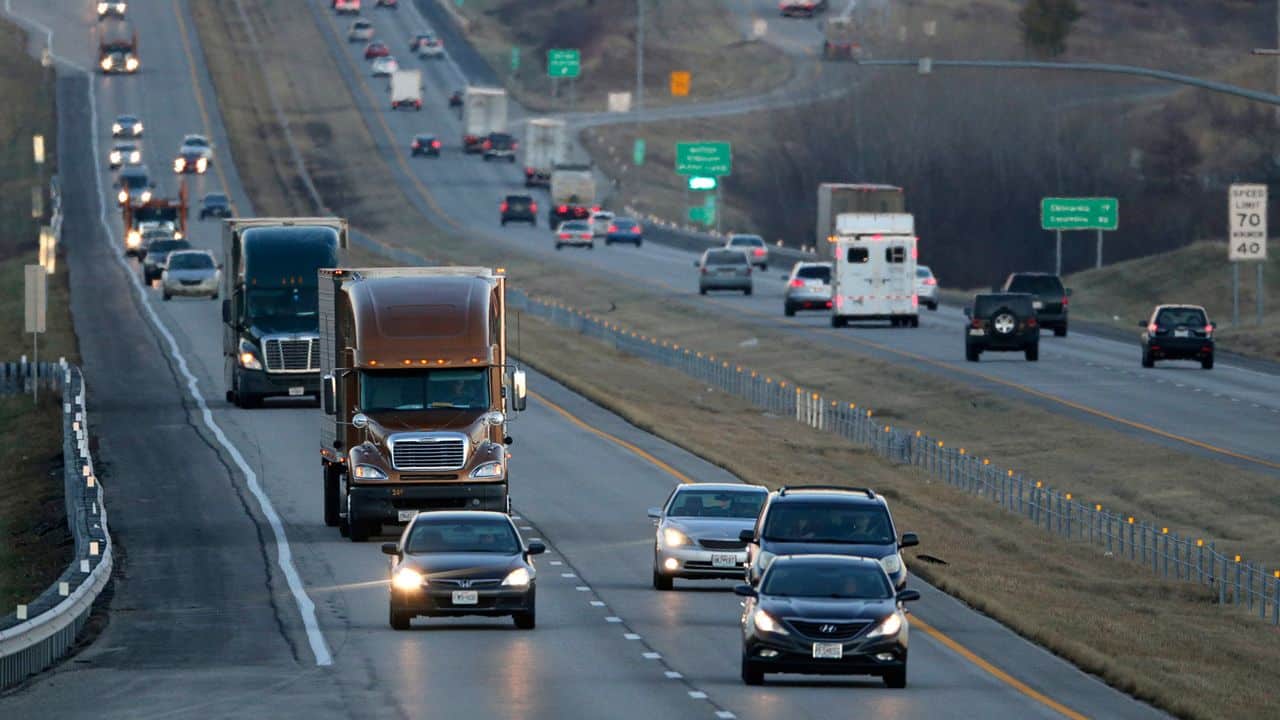
All merchandise showcased on this story are independently picked by our editors. Nonetheless, while you purchase one thing via our retail hyperlinks, we could nicely obtain an affiliate fee.
Simply after much more than a 12 months of sticking shut to family, vacationers are all set to price range for a vacation as quickly as as soon as extra. But when the motivation to journey outpaces your funds, a growing collection of “journey now, pay out later” suppliers are incomes speedy holidays doable.
“Companies resembling Klarna and Afterpay are providing us the pliability to afford to pay for that further-good lodge or to stay on trip that extra day by staggering funds and slicing them into 4 comparatively than necessitating 1 upfront fee,” states Michelle Halpern, the founding father of the Reside Like It may be the Weekend journey weblog website.
Right here’s the way it capabilities: In case you find a visit, flight, or resort and see the Klarna or Afterpay selection, you’ll be able to bear a 30-next delicate credit score historical past study, presumably because of the functions or on the internet, to determine the quantity you qualify to fork out in installments. You make the very first fee—one-quarter of the full buy—and get your tour or flight affirmation shortly. The help prices the remaining curiosity-cost-free installments of the whole each two weeks proper out of your desired fee approach till finally the general is paid. You protected the deal promptly, there isn’t a affect in your credit standing rating and there are not any service charges. Nonetheless, using these suppliers doesn’t help set up credit score and their costs are initiated instantly, which normally signifies that even when your linked monetary establishment account receives small or your credit score historical past card is near its restrict, folks costs are however going to materialize.
“Afterpay saved my lifetime on fairly a couple of situations,” states Shawn Richards, a U.Ok.-dependent expedition coordinator for Prime Kilimanjaro, who used many years as a nomad. Richards recollects conditions when he’d decide spontaneously to go someplace new, however wouldn’t have the all set funds. “Afterpay was like acquiring a digital father, because it gave me the kick I essential I needed to uncover a piece in my desired vacation spot actually promptly to be geared up to pay again for a way I bought there,” he suggests. 4 years again Richards utilised Afterpay to ranking the $1,400 open up-ended flight to Tanzania that led to working together with his current tour enterprise.
The idea is catching on quickly: Afterpay documented that it’s signed up much more than 13 million finish customers in North The us as of January 2021. Varied retailers have partnerships with distinctive fee items, so it’s possible you’ll will want accounts with numerous firm suppliers to assemble the tour you need. As an illustration, Airbnb provides fee via Zip (beforehand Quadpay), although you’ll be able to fork out for outings on Reserving.com and Expedia via Klarna. On this article are another issues to consider.
Ought to actually I spring for a pricier tour?
Though these suppliers generally is a implausible method to keep away from bank card private debt and the curiosity that may include it, cash execs warning towards investing way over your spending price range will enable.
“Simply just because you may have much more time to shell out your income doesn’t imply you may have extra {dollars} to shell out,” claims Tony Palazzo, CFA and Working Companion at Berkeley Cash Companions & Get hold of Private Funds in Atlanta, who notes that shell out in 4 services may ease the psychological affect of a purchase, however that doesn’t point out you’re paying out fewer. “You require to request by yourself, ‘If I cannot afford to pay for it now, how will I afford to pay for it in a [six]-week time interval?’” he suggests.
Palazzo is at current seeing his monetary options prospects system to take larger excursions, presumably primarily as a result of they haven’t put in cash on trip via the pandemic or they’re gratifying by themselves for a tough 2020. “‘Revenge spending’ is a critical element, and trip seems to be a most popular purpose,” he claims.
















